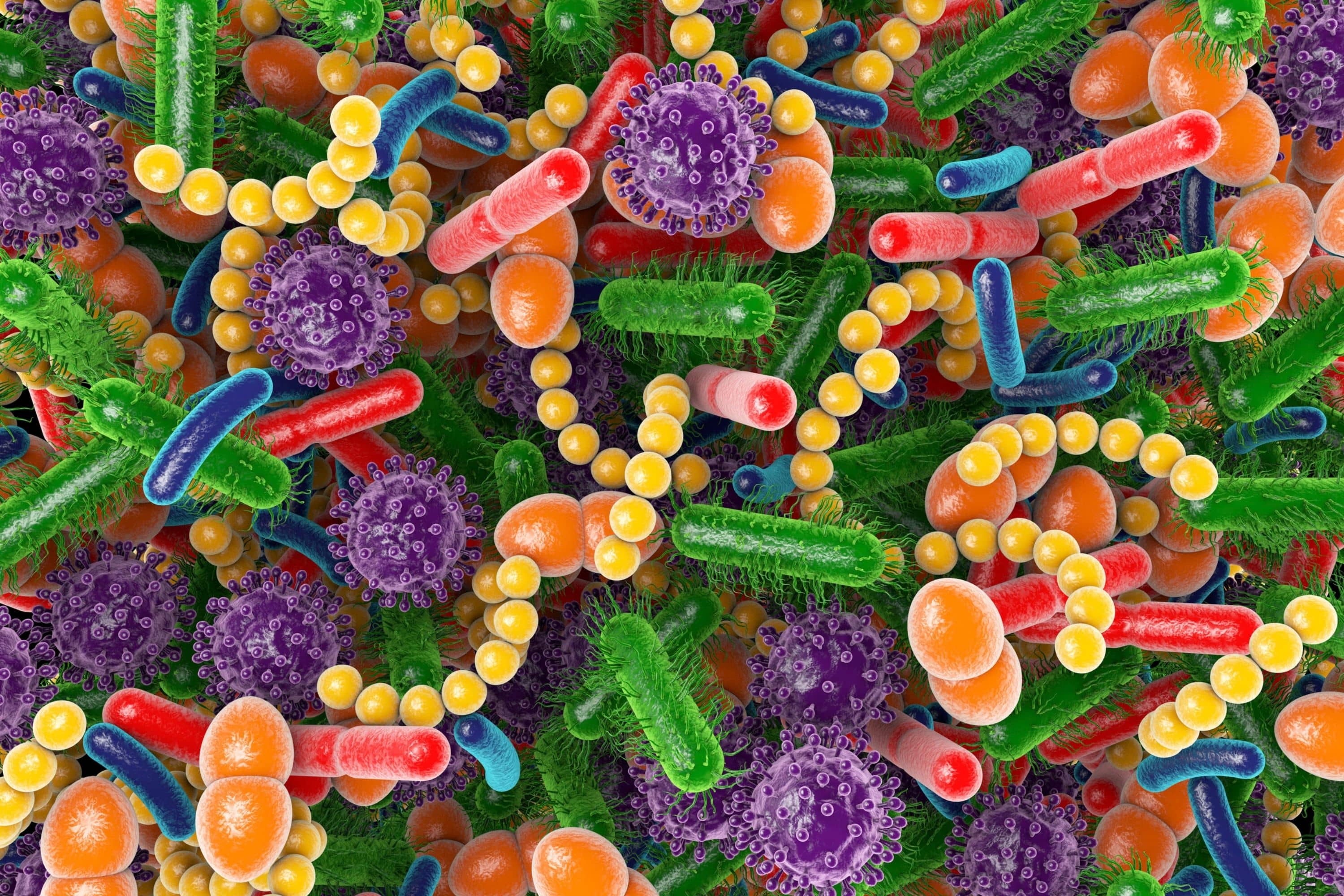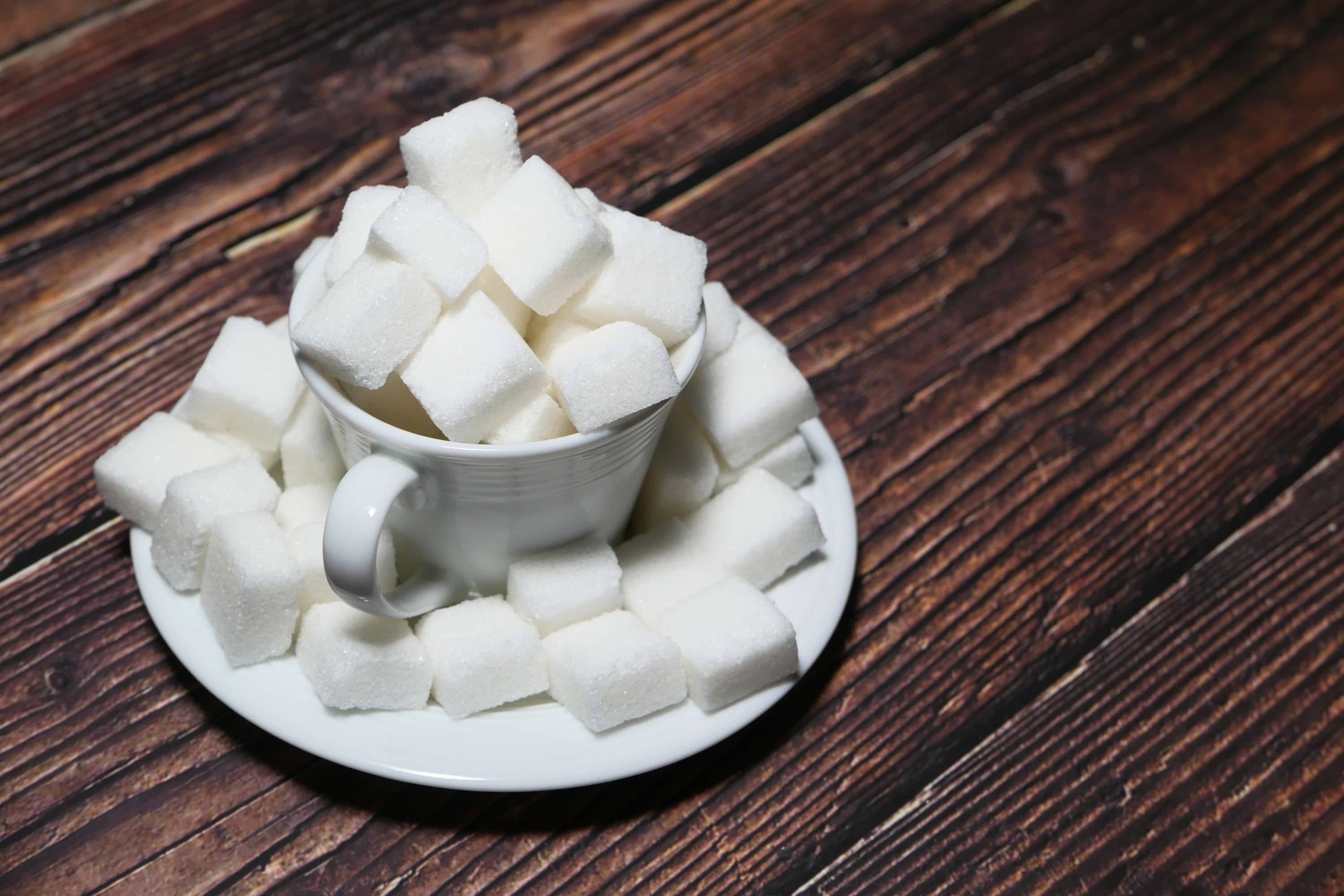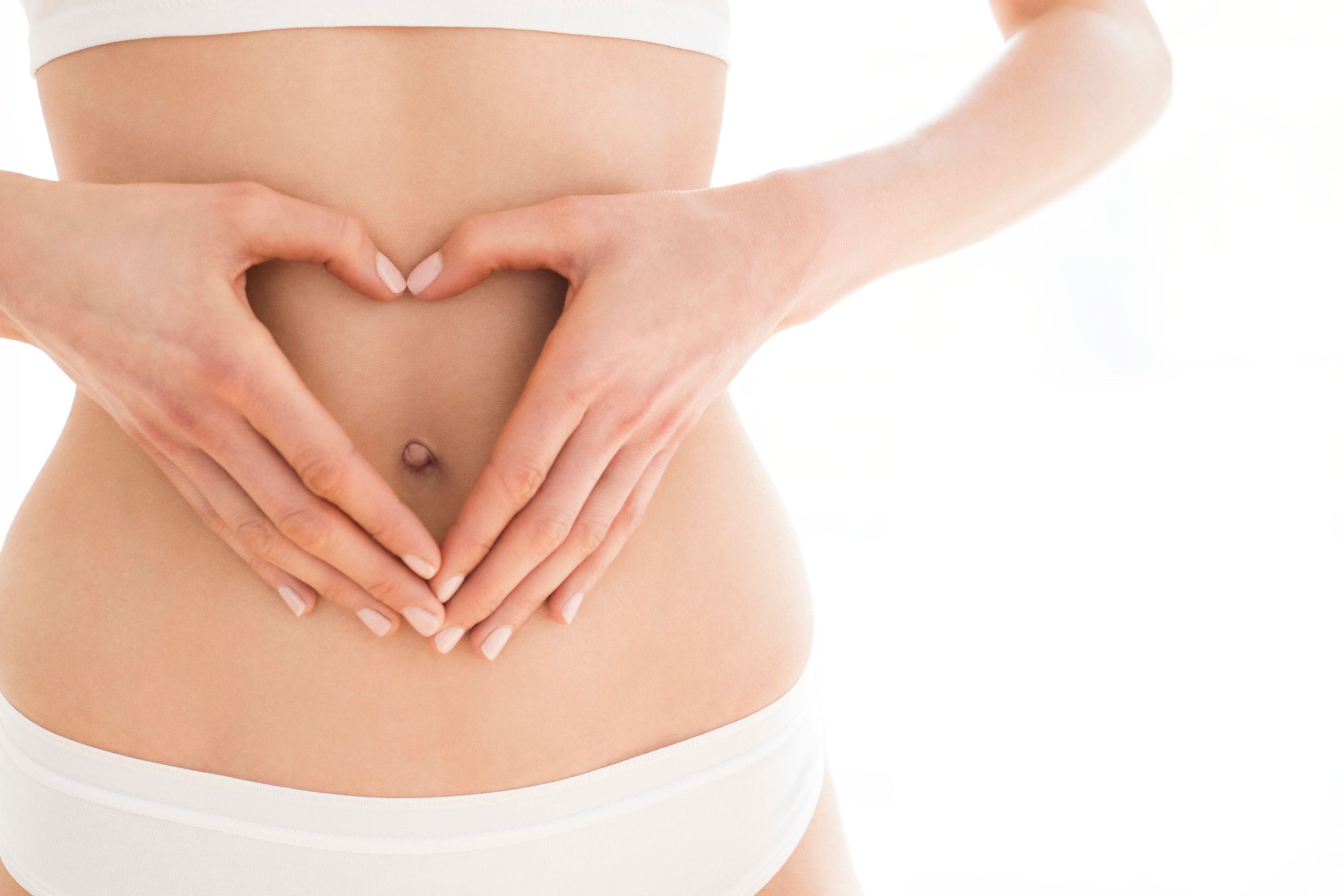Have you heard the saying “food is mood”?
How about, “listen to your gut”? Funnily enough, they are truer than you may think. You have a distinct gut microbiota living inside your gastrointestinal tract. A microbiota is a group of bacteria and other microorganisms in one habitat. It’s difficult to wrap your head around how many bacteria live inside you. You are carrying around 100 trillion or 1.5 kg of microbes!
Your genes, the food you eat, where you live, and your age all shape your gut.
Your gut communicates with your brain all the time. In turn, your brain sends chemical signals to your gut. Have you ever felt “butterflies in your stomach”? That’s your brain and gut talking to each other!
It doesn’t matter whether you’re stressed, anxious, happy, or excited. Your gut and brain are in close contact. This relationship is vital for keeping you healthy. Both in terms of your physical and mental health.
If your gut feels unhappy, you’re bound to feel the effects in your brain as well. Inflammation of the gut, for example, can lead to mental illnesses like depression and anxiety. Essentially, as you lose bacteria diversity, you become more prone to body and mind diseases. This can happen through age or poor gut health.
Although it’s hard to picture, you have the power to influence your gut in ways that will benefit your physical and mental health! If you’re looking for a smart and meaningful way to feel good, take care of your gut.
Here are some ways in which you can start helping your gut, and yourself, today.

Exercise, even a little helps!
Low, moderate, and high intensity exercise has amazing benefits for your gut. Exercise can reduce the amount of time stool spends in your gastrointestinal tract. This way, pathogens have less time to come in contact with the mucus that lines your intestines.
This mucus is where healthy bacteria live. They help protect you from various cancers and diseases!
An excellent exercise for you to practice your gut health is through yoga. Yoga combines rhythmic breathing and flowing movements. It helps you keep your gut happy by moving your body and inducing relaxing responses.5 Get your body moving if you can!

Practice stress management
Researchers at Swinburne University wanted to examine students’ stress levels and their gut health. To do so, they collected stool samples from students. Once at the start of the semester and another time during finals week. During exam season, the students felt quite stressed and their guts knew it! Students suffered a significant decrease in Lactobacillus.
This type of bacteria helps you to reduce cholesterol levels, prevent diarrhea, promote weight loss and alleviate flu symptoms. You don’t want to lose these little guys!
There are many ways to manage stress. Your techniques will vary depending on the severity of the stress that you feel and your previous experience. Allow yourself to find what works best for you. It can be as simple as setting reminders on your phone to take a pause and breathe. Focus on your breath for a minute, slowly fill your body with air and release it naturally. Try to take in more air every time. Release it slowly as well.
Another easy way to reduce stress is through a body scan meditation. Use your breath to relax your muscles. Focus on a group of muscles or a body part and release any tension you may feel. It’s helpful to start at the bottom of your body and work your way to the crown of your head.
Release any tension from your toes, release tension in your feet, then move upwards! If you need, you can squeeze your body part to release any tension more easily.
Finally, you can ask someone you care about to hug you! According to psychologists, hugging for 20 seconds releases oxytocin. This hormone reduces anxiety and helps us to relax. Hugs also help lower the stress hormone norepinephrine. Hug your loved ones and your gut will love it!

Reduce your sugar intake
This one’s bittersweet. Mainstream lifestyle trends pose challenges to the protection of your gut’s health. Excessive consumption of processed foods (which contain high levels of sugars) harms the microorganisms in your gut. Here’s how it works: the sugars not absorbed by your small intestine enter into your larger one.
They then cause great damage to your gut flora. For example, some sugars suppress proteins that help nice bacteria to colonize your tract. There are also plenty of diseases linked with excessive sugar consumption. Obesity, liver disease, Alzheimer’s are the start of a long list.
Your gut plays an important role in the prevention of these diseases. Taking care of your gut can help you both now and in the future. A healthy relationship with sugar equals a healthy relationship with your stomach.
This is sure to leave you feeling good both physically and mentally.

